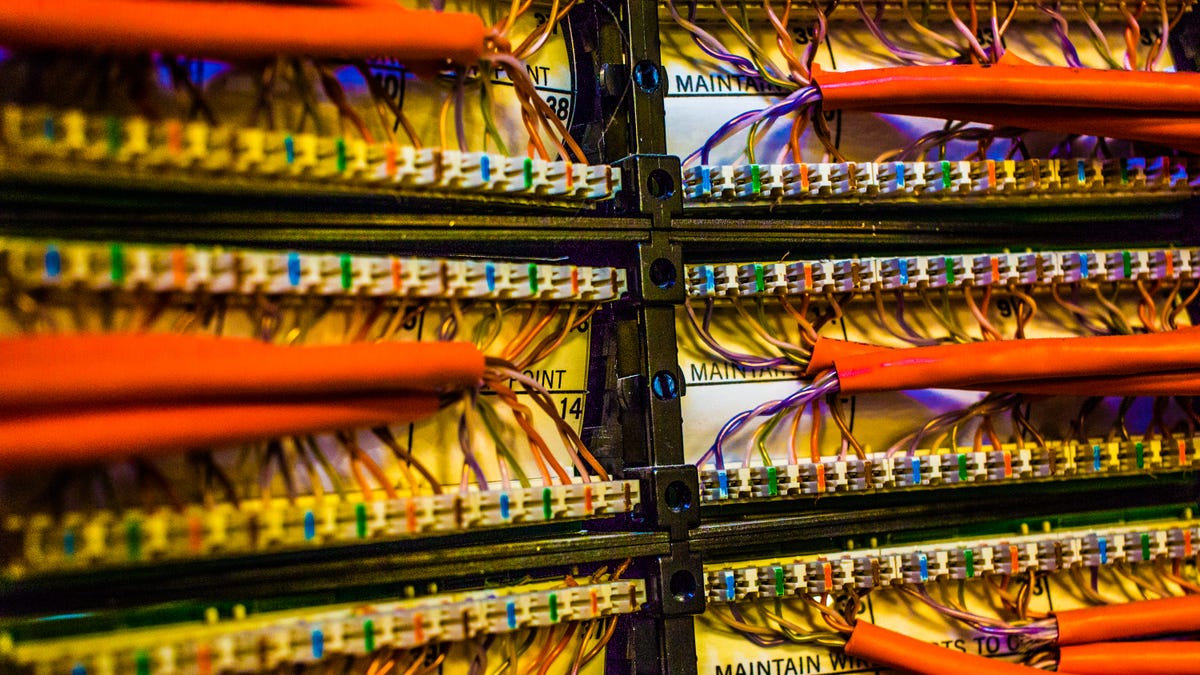Appeals court denies rehearing on net neutrality
It's a small victory for supporters of Obama's 2015 net neutrality rules. But the win is likely short-lived.

Opponents of net neutrality can now appeal the decision to the US Supreme Court.
A federal appeals court won't rehear a case to overturn the Federal Communications Commission's controversial net neutrality rules.
The US Court of Appeals for the DC Circuit said Monday it's upholding its earlier decision that the FCC's 2015 net neutrality rules, which prevent broadband and wireless companies from blocking or slowing access to the internet, are lawful. A three-judge panel in June upheld the FCC's 2015 regulation and ruled the agency could reclassify broadband as a public utility.
Opponents of the rules, which sued the FCC, can now appeal the decision to the US Supreme Court.
Daniel Berninger, a network engineer who joined several internet service providers in suing the FCC over the rules, told The Washington Post he intends to file an appeal. Industry trade groups USTelecom and the NCTA, which were also involved in the suit, said they're still evaluating their legal options. Those involved in the case have 90 days to decide if they want to pursue further.
The court's decision comes less than a week after new FCC Chairman Ajit Pai, a Republican, introduced his plan for unwinding the Obama-era regulation. Pai says the rules discourage investment in broadband networks and have resulted in job losses. Even though Pai has repeatedly said he's in favor of an open internet, his proposal guts the legal foundation of net neutrality and asks whether there should be any rules at all.
Supporters of net neutrality say without the regulation broadband and wireless companies, which provide access to the internet, will abuse their power and favor their own services over competitors' offerings. They say this will hurt innovation and result in fewer choices and higher prices for consumers.
Net neutrality supporters, who have promised to sue the FCC when changes to the rules become official, saw Monday's ruling as a victory.
"The DC Circuit has once again confirmed that the FCC's Open Internet rules are lawful and supported by the evidence," said John Bergmayer, senior counsel at Public Knowledge.
Pai said in a statement Monday that he wasn't surprised the DC Circuit decided not to review the case given his proposal to roll-back the rules.
Most experts agree that it's unlikely the Supreme Court will take up the case, given the FCC's plans to repeal the rules. Paul Gallant, an equities analyst with Cowan and Company, put the chances of the Supreme Court hearing the case only at 25 percent.
"Net neutrality is major national policy," he said in a research note. "But the actual legal question is less exciting -- did the agency have a reasonable basis to change its earlier policy? That's not usually Supreme Court material."
Solving for XX: The industry seeks to overcome outdated ideas about "women in tech."
CNET Magazine: Check out a sample of the stories in CNET's newsstand edition.

